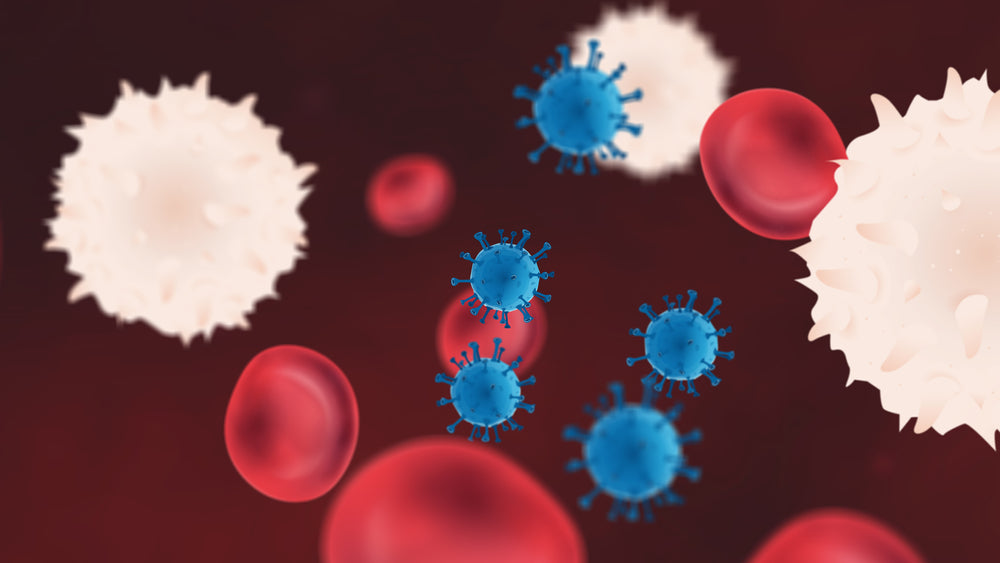When you have a sleep disorder like sleep apnea, it does a lot more than cause fatigue due to a lack of quality of sleep. Because, when you lack the right amount of sleep, your immune system is also impacted in a number of ways, such as slowing down your immune system.
Poor Sleep Inhibits T Cells
Your T cells are part of your immune system. These cells specifically fight off viral pathogens, from the regular flu to cancer. But, without enough sleep, your body's T cells become inhibited by higher levels of stress hormones—specifically, noradrenaline and adrenaline—which makes your overall immune system less effective.
However, the effects don't have to be permanent. In a 2019 study, researchers found that during our sleep, the impact of stress hormones are naturally lower. During this lowered time, your T cells are better at attacking and destroying viruses. So, if you are feeling sick, getting rest and proper sleep can be the best thing you can do to get better quicker.
Lack Of Sleep Impedes Cytokines Production
T cells aren't the only part of your immune system that relies on a good night's sleep. Your body produces a specific protein called cytokines. The cytokines target inflammation and infection, aiming to eliminate both.
However, if you aren't getting enough sleep, your body can't produce as many cytokines proteins to protect you. Even if you get the flu vaccine, it will be less effective without enough sleep and cytokines to help protect you.
So, how do you go about getting more sleep for an improved immune system? Here at ApneaMed, we have some tips and tricks to share.
Ways To Get More Sleep For A Healthier Immune System
Depending on the severity of your sleep issues, you may need to consult with your primary care physician. But, before you get to that point, there are some other things you can try.
- Only take short naps - It can be tempting to take a nap when you are feeling low on energy. The problem with naps is that it can be easy to take one that is too long. If you need to nap, it needs to be 20 minutes long or less, and it is best if you don't nap after 3 pm.
- Get tested for sleep apnea at home - If you suspect that sleep apnea may be the source of your sleep issues, you don't have to wait for a sleep study lab to have an opening. Instead, you can order an at-home sleep apnea test kit, use the test, have it analyzed by board-certified sleep physicians, and receive results in just a few days.
- Initiate new sleep routines - Training your body can play a significant part in getting better sleep. For instance, you should stick to routine wake up and bedtimes to help your body get into a natural rhythm. It is also a good idea to limit caffeine intake and alcohol consumption, as caffeine can keep you up, and alcohol can prevent REM sleep.
- Exercise regularly - Regular exercise helps support your immune system, as it provides a positive stressor for your body while allowing for a healthy release of pent-up energy. Exercising regularly also helps your body embrace a natural sleep cycle.
- Use a PAP machine - If you have sleep apnea, it is important that you use the right treatment equipment to ensure you get a restful night's sleep. An automatic positive airway pressure machine (APAP) can help keep your airway open as you sleep and adjusts the pressure automatically depending on how much pressure is needed as you sleep.

